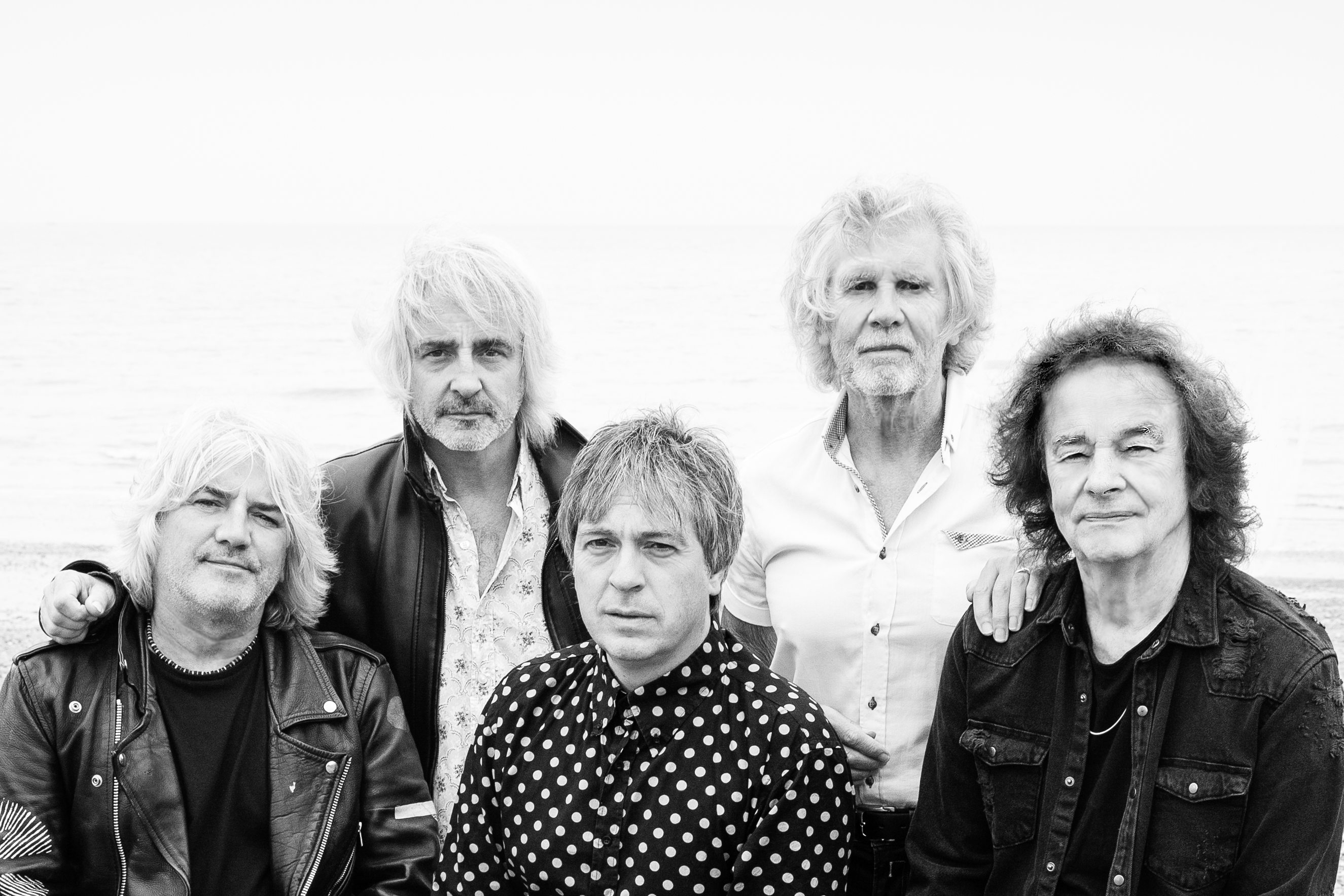
Name Rod Argent
Best known for Founder and keyboard player of The Zombies and Argent. Writer of “She’s Not There”, “Time of the Season”, “Tell Her No,” “Hold Your Head Up” and many album tracks.
Current city Petersfield, in Hampshire, U.K.
Really want to be in West Sedona/Boynton Canyon, Arizona.
I would be walking and wandering with Cathy, my wife, in one of the most magical and healing places we’d ever visited. It’s considered a sacred place by the indigenous Native American tribes of the Southwest, and after staying there some years back, I can understand why.
Excited about The new Zombies album we are currently recording. I’ve now written two-thirds of it, and we’ve already recorded close to half….we’re recording for the first time in my studio, it’s only small, but brilliantly acoustically designed by John Flynn, the same architect who has been responsible for the acoustic design of the studios at Abbey Road. We love what we have so far, and hope to have it finished and released to coincide with our finally touring once more during the first part of 2022.
My current music collection has a lot of Beatles albums (all of them) and Miles Davis albums (all of them). I really think you would have had to have been someone in their teenage years between 1958 and, say, 1966 to fully understand the wonderful, creative explosion that was going on in music at that time, both in rock ‘n roll and in jazz. Certainly in rock ‘n roll, the heads of the record companies in the U.K. in the early and mid-sixties, being all of an older generation, just didn’t understand what was going on, with the result that the artists could experiment and explore exactly what they wanted to do! The result was a huge wave of untrammeled invention, which completely and massively carried away a whole generation. I think that without having the amazing good fortune to have been around sixteen years old at that time, it’s not really possible to quite understand the cataclysmic and revolutionary effect the invention and energy the Beatles had—on music, and many of the other arts, too. In fact, the whole of the way that young people were changing their lives. Similarly, in jazz, the experiments of the young Miles Davis, and his wonderful 1958 quintet with John Coltrane and Cannonball Adderley was forging new pathways. It was a wonderful time for a passionate young teenager to be starting his journey in music.
And a little bit of jazz/rock. I’m still a passionate listener of jazz, but generally prefer the more acoustic, pre-fusion era. The couple of exceptions: the first two Mahavishnu Orchestra albums, which blew me away (The Inner Mounting Flame, and Birds of Fire) and some of the gorgeous Weather Report albums.
Prince, early Ray Charles, classic Aretha, Stevie Wonder, lots of the Keith Jarrett trio, playing standards (absolutely fantastic—check out “When I Fall In Love”)….currently SOME of Rag ‘n’ Bone Man, Adele…I completely prefer music with real live rhythm sections, and without universally auto-tuned vocals.
Don’t judge me for I’ve wracked my brains, and, boringly, I can’t think of any!
Preferred format I share the huge indignation about massive streaming paying almost nothing to artists and composers, without whom there would be NO music to stream, and the platforms simply making billions for the owners of the companies—but STILL I use it all the time. It’s so convenient! To have whatever you want to hear immediately, at the touch of a button…I might typically, for instance, choose Yes’s glorious “Starship Trooper,” followed by B.B. King’s “Three O’Clock Blues” and then immediately switch to Bach’s amazing “Sanctus,” from The Mass in B Minor…just so easy.
Vinyl, too, is hugely satisfying, in a very different way. I think it’s great that so many young people are rediscovering the experience of sitting down in front of a record player, 12-inch record sleeve in hand, enjoying hearing first one whole side, then the other, and following lyrics, seeing who wrote which track, who is actually playing on each track…really something about hearing the tracks in their right context, a total experience. This is exactly the way we used to excitedly discover an album in the sixties. If you listen to an album—particularly for the first time—on vinyl, you tend to give your whole self to the experience, instead of just choosing something from online, then carrying on with something else, whether it be checking emails, cooking the dinner…music as background is one of my pet hates.
5 Albums I Can’t Live Without
1
Pet Sounds
The Beach Boys
An obvious choice, I know, but I just can’t get away from this. The wonderful invention and artistry of Brian Wilson was in fullest flow at this time; the arrangements were revolutionary in terms of rock/pop music. I never tire of playing it. The songs are gorgeous. The structure of each is carried out beautifully and with meticulous precision. I also love the fact that, just like The Zombies’ Odessey and Oracle, which came shortly after Pet Sounds, the album was somewhat ignored when it first came out. But as the years have gone on, both have just gained more and more recognition, and seem to enjoy just as much respect with, and unbelievably, relate just as much to, this present generation!
2
Talking Book
Stevie Wonder
I bought this in 1972, at a time when, in spite of currently enjoying a huge hit with Argent (“Hold Your Head Up”), I was finding it a bit hard to come across inspiring records to listen to. One weekend I went out, and recalling things like “My Cherie Amour”, which I remember quite liking, I saw the new Stevie Wonder album for sale. At the same time, I saw the cover of Mahavishnu Orchestra’s The Inner Mounting Flame, and picked that up too.
Unbelievably, I didn’t play either for a week! When I got ‘round to playing them both a week later, I was completely blown away. For me, Talking Book was the first of four absolutely inspired and transcendental albums, ending with Songs in the Key of Life. This is a timeless album; Stevie’s voice is soaring and effortless, the melodies superb, the playing instinctive and full of energy and life. It’s the old story, too, in a way, of an artist being allowed to do completely his own thing, without having to submit to governing restrictions. An album which makes you feel good to be alive. Magic!
3
Bach: The Goldberg Variations (1955)
Glenn Gould
I must preface this by saying that Glenn Gould recorded this work twice. You MUST choose the first 1955 version! Without any question, the only one that I would take to a desert island would be that first, mono recording that Glenn Gould made in 1955. He later made a much slower-paced stereo version that I never want to listen to.
Glenn Gould recorded this while still a teenager, and it has all the passion and energy that caused a complete sensation when he played it as an unknown in Russia. He played some of it at a free concert at the Moscow Conservatory, and after a first-half performed to a half-filled hall papered with students, the news spread like wildfire, and the second half was filled with famous Russian composers and musicians. Rostropovich called it a miracle!
The first theme is slow and very beautiful, but then for some of the variations, Glenn Gould speeds like the wind, just as Bach loved to do: wonderfully beautiful, but also full of energy and teenage fluent muscularity and energy. The music is fantastic. I listen to this on every Zombies tour—the whole thing is less than 40 minutes, and perfection to listen to before going to bed after a great concert.
4
Kind of Blue
Miles Davis
This wasn’t the first music of Miles that I’d completely fallen in love with. Before it came out, I’d bought an EP of his album Milestones, which contained the title track, and which I’d played constantly when I was only 14, even while still loving the early raw rock ‘n roll of Elvis and Little Richard. In fact, I still play it to this day, and can still sing most of the solos note for note, as I could then. What I didn’t realize at the time was that that track was Miles’ first venture into modal scales…which I knew nothing about, but subconsciously absorbed to an extent that it had an indirect influence on the first Zombies hit, “She’s Not There.” THAT was something. I only realized years later when I met Pat Metheny, and he said that modal influences in “She’s Not There” was one of the things that convinced him that there was a way ahead for him to follow a path with fusion music.
But I did then buy Kind of Blue. I know it’s another obvious choice, but there’s a reason for that! It absolutely captures the moment in time, when Miles’ wonderful small group, with Adderley, Coltrane and Bill Evans comes to fruition with his inspired path embracing improvisation on modal scales with absolute perfection. It’s not mannered in any way; like every piece of great music, it seems to live in some way with a life of its own, and it absolutely doesn’t date. The soloing feels entirely without effort, as if the music was always there, and just needed someone to reveal it.
5
Revolver
The Beatles
These choices are very hard, because there are records I have to leave out. But I cannot not choose something by this band! As soon as the Beatles emerged, they took the world by storm in so many ways, in the U.K. in 1962, two years before America. Their first album was made in a day. In those early days, albums were just afterthoughts to singles. But after that, everything changed. Each of their albums became a progression from their last, and a hugely important leap forward from the last. In my mind, Revolver was a peak. From the very first, the Beatles were constantly experimenting—never satisfied with their recent achievements, always refining, improving artistically—never content to simply repeat success. Honestly, it was breathtaking at that time: such a fantastically energizing time to be a young professional musician and part of that amazingly positive British upsurge.
Revolver was the first Beatles album that had the input of Geoff Emerick. Geoff was a very young newcomer with great intuitive talent; George Martin realized this and gave him great rein on Revolver. Later Geoff was to become a friend, and engineered The Zombies biggest hit, “Time of the Season.” To my mind, Revolver was the pinnacle of the Beatles’ early, early albums in every way: in sound quality, invention, songwriting, in harmony and also in togetherness. It’s still refreshing to listen to and, for me, a memory of a great time in culture and in music.


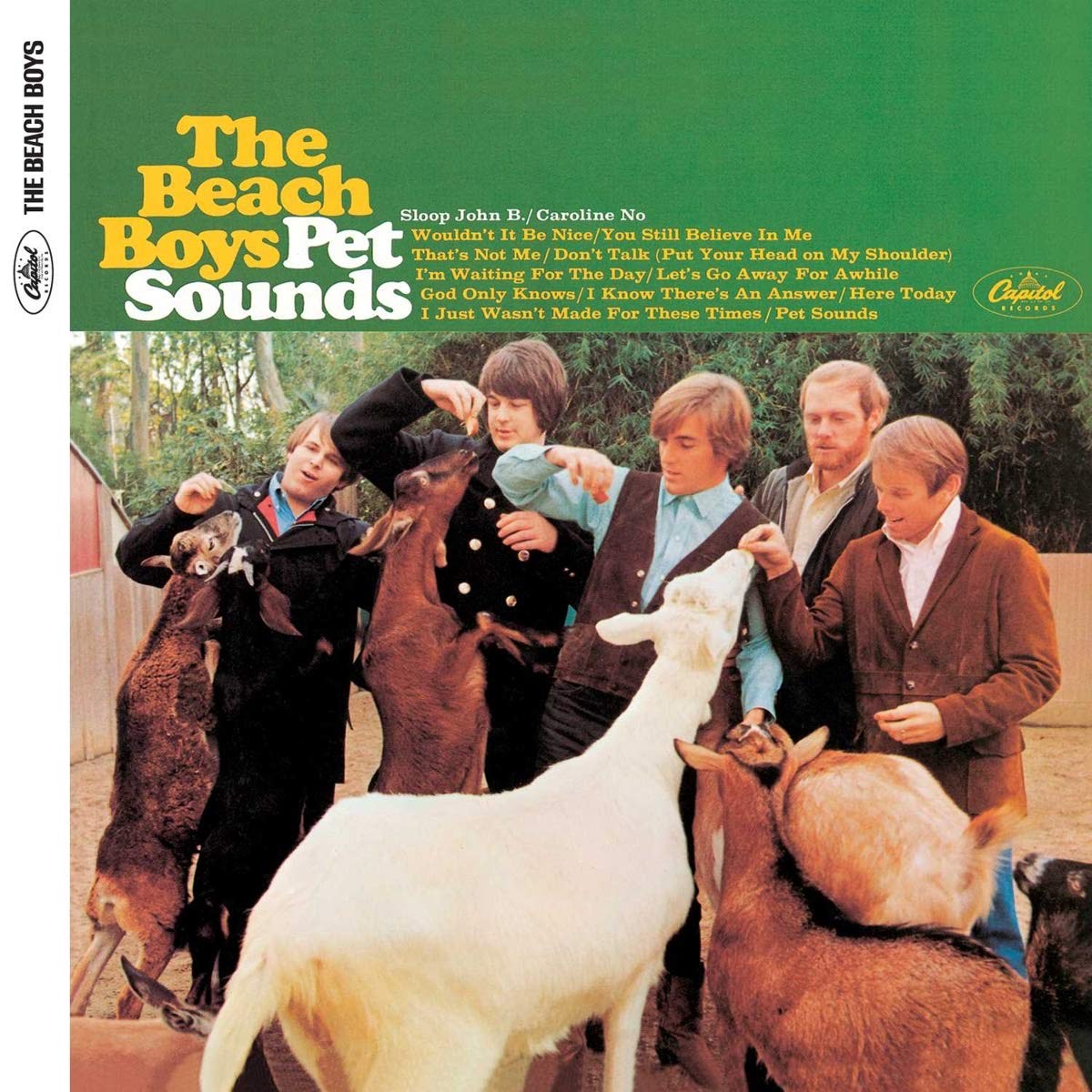
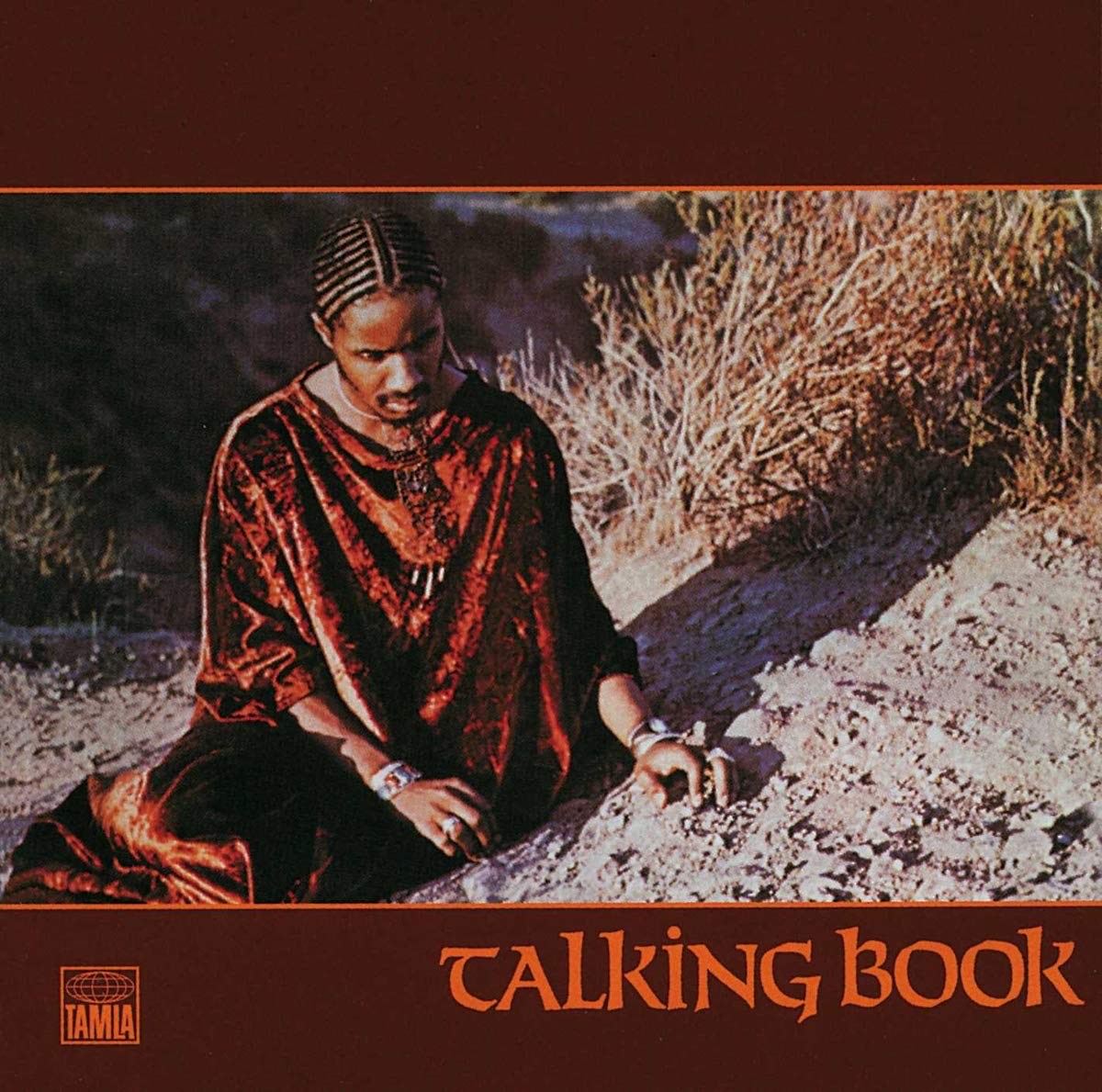
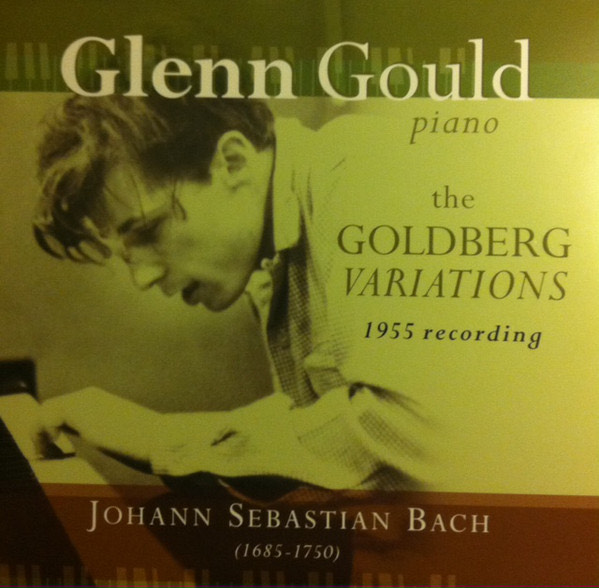
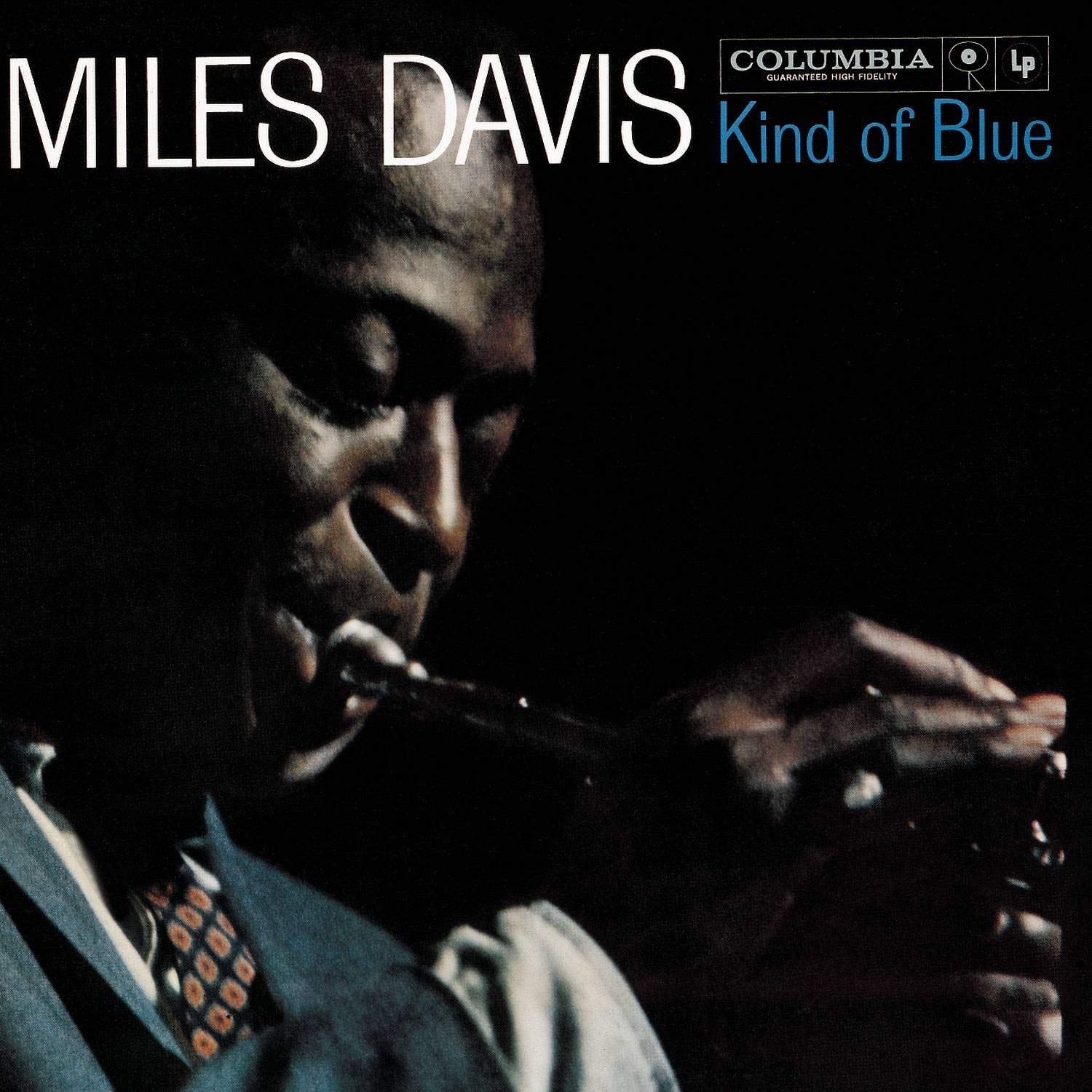
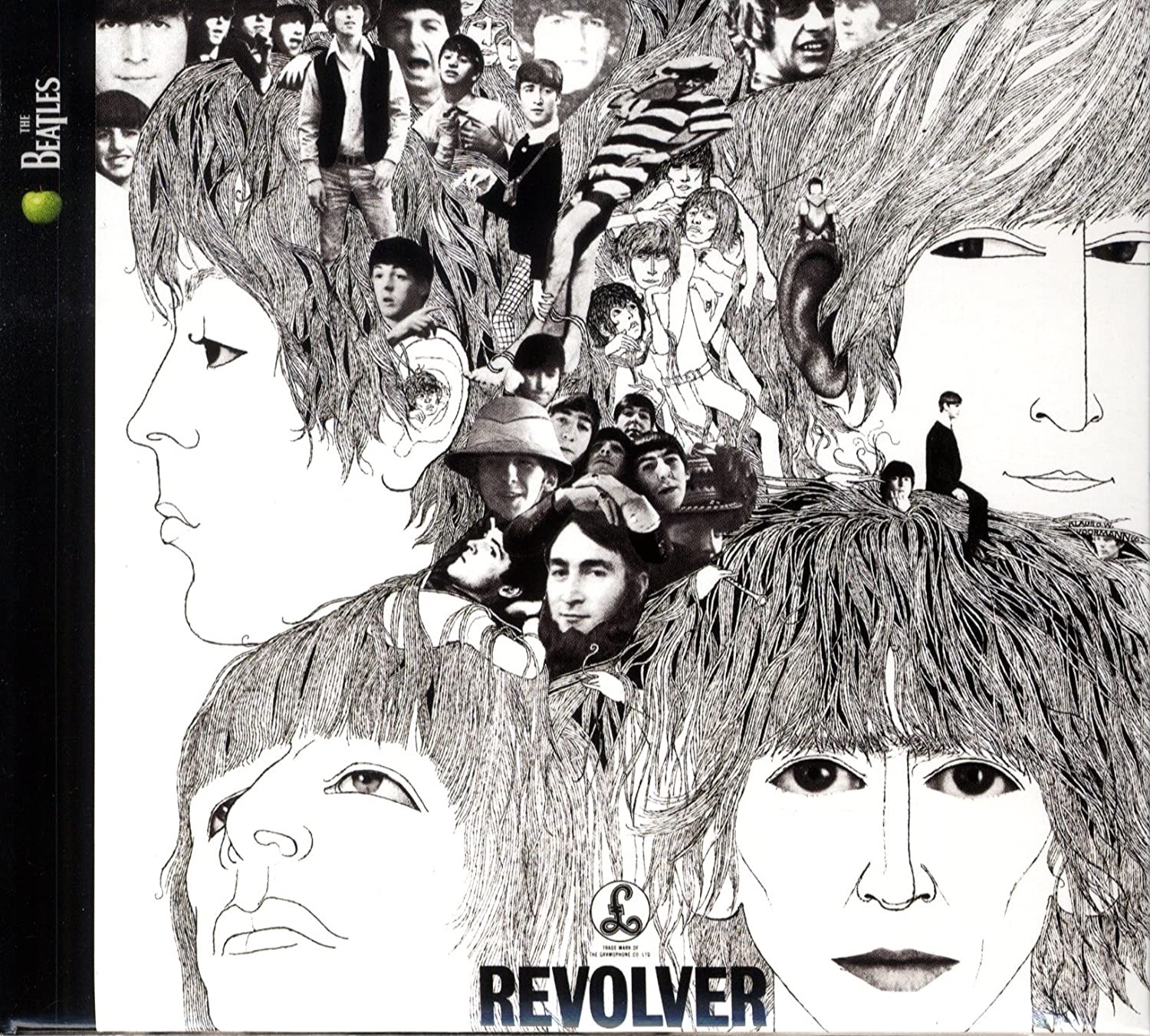
Leave a comment